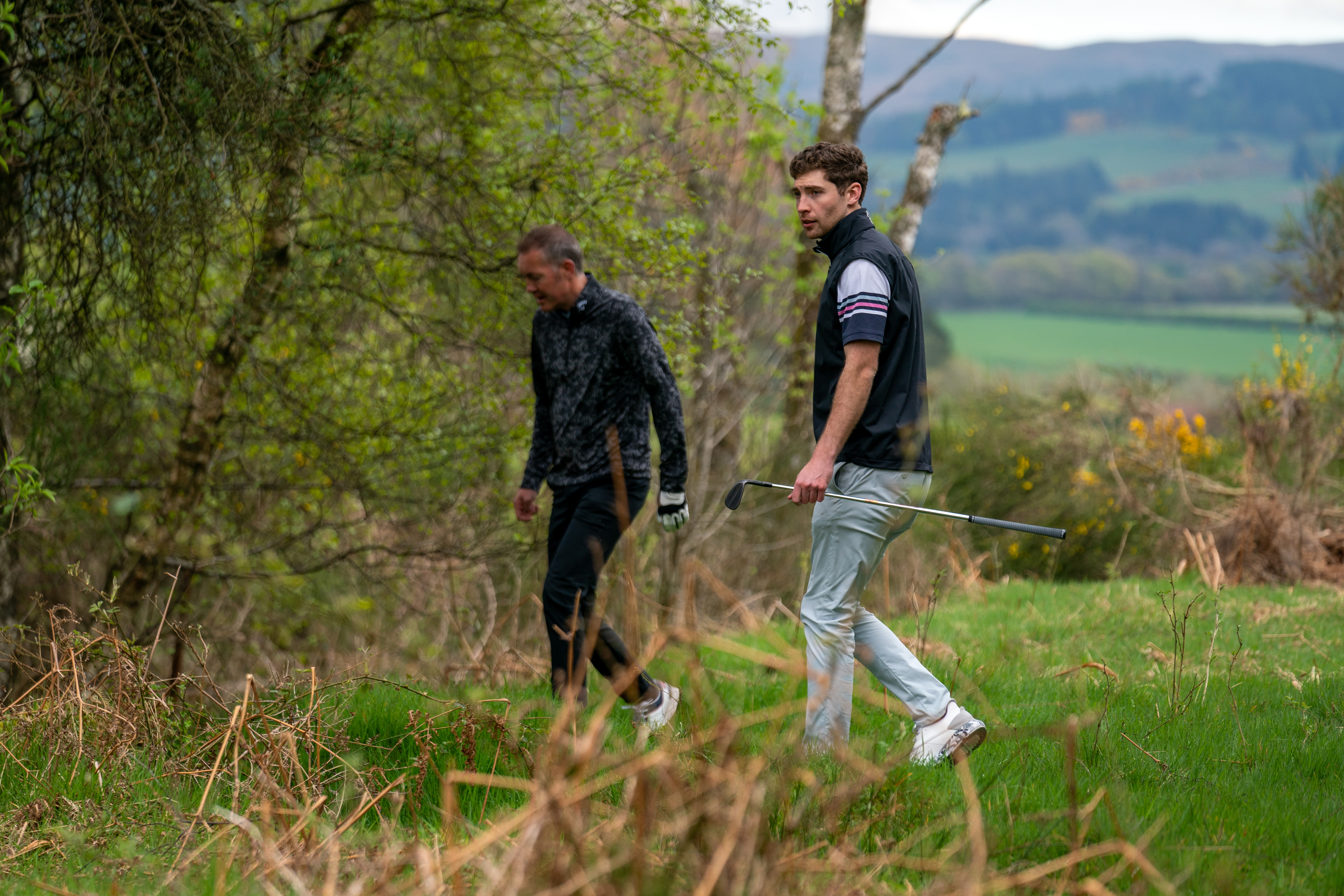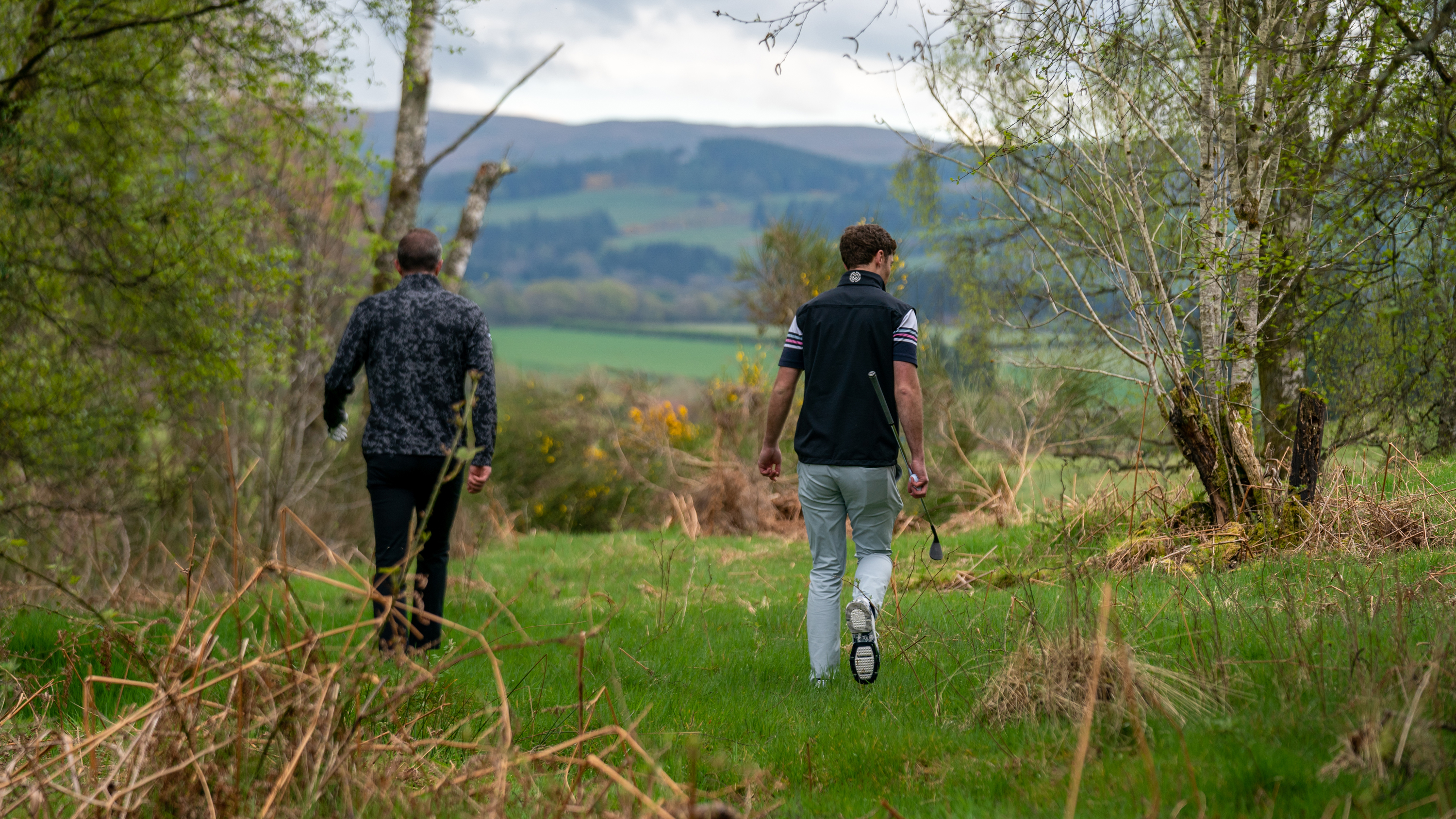Why 3 Minutes Is Not Long Enough To Search For Your Golf Ball
There’s less chance for play to keep flowing and more golfers are left disappointed and frustrated.


Subscribe to the Golf Monthly newsletter to stay up to date with all the latest tour news, equipment news, reviews, head-to-heads and buyer’s guides from our team of experienced experts.
You are now subscribed
Your newsletter sign-up was successful
Want to add more newsletters?

Delivered daily
Daily Newsletter
Sign up for all the latest tour news, gear reviews, head-to-heads and buyer’s guides plus features, tips from our top 50 coaches and rules advice from our expert team.

Once a week
Kick Point
Sign up to our free Kick Point newsletter, filled with the latest gear reviews and expert advice as well as the best deals we spot each week.

Once a week
Women's Golf Edit
Sign up to our free newsletter, filled with news, features, tips and best buys surrounding the world of women’s golf. If you’re a female golfer, you won’t want to miss out!
The rules move from a five-minute to a three-minute time limit to search for your golf ball was made to speed up play. Slow play is an issue many of us feel strongly about and any efforts in that direction should be commended, but not all efforts prove successful, and after a few years of application, this effort has not.
The Rules of Golf are highly complex, and they are always being reviewed with their next iteration in mind. This is one detail of the rules that perhaps should be looked at again, for the following reasons:
Keep play flowing

How long is that?
A principal reason three minutes is not long enough is that there are, obviously, more instances now of people not finding their ball. Of course, if there’s any doubt of a ball being lost, players should always hit a provisional ball. But there are scenarios at every club, every weekend when a golfer and their playing partners are sure of a ball’s safety only to get down there and struggle to find it – It’s under a leaf, it’s gone into a rabbit scrape, it’s under a bunker rake.
With only three minutes to spare, more people are now being forced to make the long, lonely trudge back to the tee. “Wait Dave,” we’ve just found it” … “Too late though, three minutes are up.” Not only is this a frustrating scenario for the player involved but it’s also a very frustrating scenario for the groups behind. One group will likely be let through but the concertina effect of extra waiting means all behind will suffer and play slows down – the opposite desired effect of the three-minute rule.
To keep play flowing, it’s far better if a group searching for a ball finds it and can move on. Three minutes doesn’t give them sufficient chance to do this.
Poor etiquette and more slow play
Rule 18.2a (1) states that a ball is lost if not found in three minutes after the player or his or her caddie begins to search for it. More players have cottoned on to how to stretch this allocation.
There’s plenty of anecdotal evidence of players being less inclined to begin the search for their ball until all playing partners can join in. Knowing they have only three minutes from when they start looking, they’ll watch playing partners finish shots, put clubs away and begin walking before they even attempt a cursory glance. That’s poor etiquette and undoubtedly it slows play down as they could have wandered over, found it and been immediately ready to play when their turn.
Subscribe to the Golf Monthly newsletter to stay up to date with all the latest tour news, equipment news, reviews, head-to-heads and buyer’s guides from our team of experienced experts.
Quite Simply not long enough

It's a long way back to the fairway...
Set your timer when you begin a ball search (that’s a good idea anyway, at least check your watch,) and you’ll see how quickly three minutes is up. There are scenarios where a team of police sniffer dogs would fail to find a golf ball in three hours. We should all be able to accept those circumstances and move on. But there are occasions when a ball could and should be found, if a player is given enough time to check under a couple of trees or to see which side of a line of bushes it might be on… Three minutes doesn’t give enough opportunity for a ball to be found, particularly in amateur golf without a gallery of spectators to point you in the right direction. We all know how annoying it is to lose a ball when we really feel we shouldn’t have.
To keep play moving and maximise golfing enjoyment, the three-minute search time should be reconsidered. It’s counterproductive towards the aim of expediting play in amateur golf and it reduces the chance for players to enjoy that wonderful feeling of relief and elation upon finding their ball.

Fergus is Golf Monthly's resident expert on the history of the game and has written extensively on that subject. He has also worked with Golf Monthly to produce a podcast series. Called 18 Majors: The Golf History Show it offers new and in-depth perspectives on some of the most important moments in golf's long history. You can find all the details about it here.
He is a golf obsessive and 1-handicapper. Growing up in the North East of Scotland, golf runs through his veins and his passion for the sport was bolstered during his time at St Andrews university studying history. He went on to earn a post graduate diploma from the London School of Journalism. Fergus has worked for Golf Monthly since 2004 and has written two books on the game; "Great Golf Debates" together with Jezz Ellwood of Golf Monthly and the history section of "The Ultimate Golf Book" together with Neil Tappin , also of Golf Monthly.
Fergus once shanked a ball from just over Granny Clark's Wynd on the 18th of the Old Course that struck the St Andrews Golf Club and rebounded into the Valley of Sin, from where he saved par. Who says there's no golfing god?